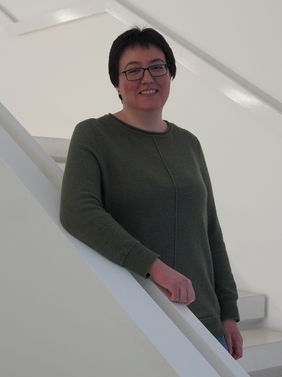In recent years, research has shown that the microbiome – which includes the communities of microorganisms that live in and on other living beings, including humans - is closely associated with aging and many age-related diseases.
To deepen the knowledge of this link, are using data science and machine learning methods. "There is a vast quantity of host-associated microbiome data available in the public domain, but they cannot be utilized well for aging research. Therefore, we are developing data integration strategies, databases, and models specialized in age series and longitudinal data", says research group leader Dönertas.
Her team includes computational biologists/bioinformaticians Jing Lu, Ulas Isıldak, Mark Olenik, and Tayyaba Alvi. They are exploring the systems biology of aging with a focus on microbiome-host interactions. The goal is to:
- develop and apply computational approaches in order to understand these interactions,
- establish the microbiome as a robust biomarker of aging, and
- discover therapeutic candidates to alleviate aging and age-related diseases.
H. Melike Dönertas completed her PhD at the University of Cambridge and EMBL-EBI under the supervision of Prof. Dame Janet Thornton and was previously an EMBO postdoctoral researcher hosted in the Evolutionary Biology/Microbiome-Host Interactions group at FLI led by Prof. Dario R. Valenzano. The junior research group is funded by the . It strengthens the research focus on microbiome and aging at FLI.









